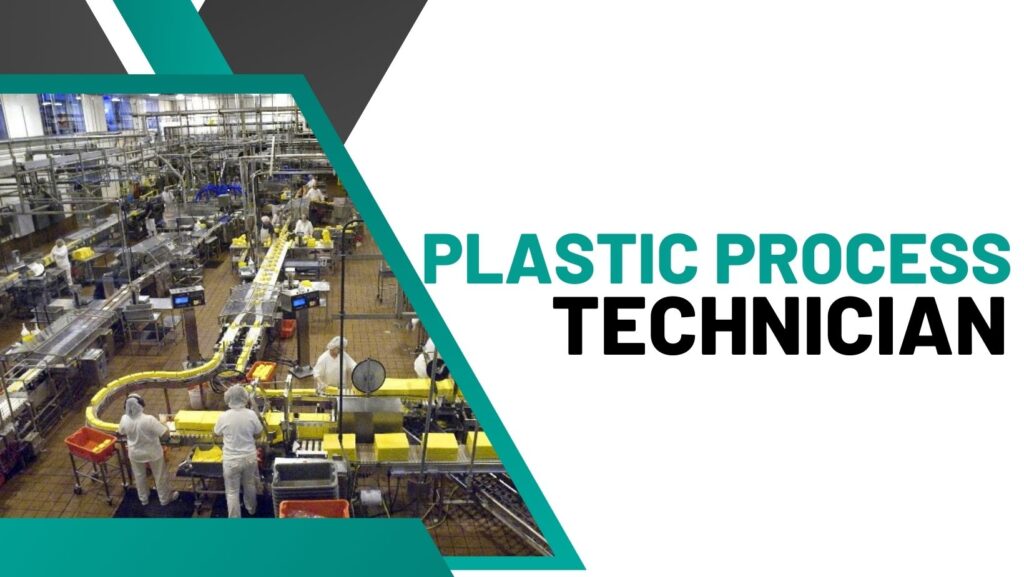Plastics are one of the most versatile materials on the planet, and they are used in an array of industries, from automotive to aerospace to medical. As a result, there is a constant need for skilled professionals who can work with plastics in manufacturing and production environments. If you are interested in building a career as a Plastics Process Technician, there are a few key steps you can take to get started.
1. Get the Right Education and Training
To become a plastics process technician, you will need to have a solid understanding of plastics, their properties, and how they are processed. A degree in plastics engineering, materials science, or a related field can be helpful, but it is not always necessary. There are also vocational schools and community colleges that offer training programs in plastics technology. Look for programs that offer hands-on experience with processing equipment and a focus on safety and quality control.
2. Gain Experience in the Field
Like most technical careers, experience is key in the plastics industry. Look for opportunities to work as an apprentice or intern with a plastics manufacturer, or consider starting in a related field, such as machine operation or quality control. This will give you a chance to learn from experienced professionals and get a feel for the day-to-day operations of a plastics production facility.
3. Develop Technical Skills
As a plastics process technician, you will need to have a strong understanding of the various processes used in plastics manufacturing, such as injection molding, extrusion, and blow molding. You will also need to be able to troubleshoot equipment and processes, make adjustments to ensure quality, and work with a variety of materials and machinery. Look for opportunities to develop these skills through on-the-job training or through additional coursework or certifications.
4. Stay Up-to-Date with Technology
The plastics industry is constantly evolving, and new technologies and materials are being developed all the time. To stay ahead of the curve, it is important to stay up-to-date with the latest advancements in plastics processing technology. Attend industry conferences and trade shows, read industry publications, and participate in professional organizations to stay informed about new developments and best practices.
5. Build Your Network
Networking is an important part of any career, and the plastics industry is no exception. Attend industry events and trade shows to meet other professionals in the field, and join professional organizations like the Society of Plastics Engineers (SPE) or the Plastics Industry Association (PIA). These organizations can provide valuable networking opportunities, as well as access to training and certification programs.
6. Focus on Safety and Quality Control
The plastics industry is subject to strict safety and quality control standards, and as a Plastics Industry Recruiters, it is your responsibility to ensure that these standards are met. Familiarize yourself with industry regulations and best practices, and make safety and quality control a top priority in all aspects of your work. This will not only help you to build a successful career, but it will also contribute to the overall success of the industry.

